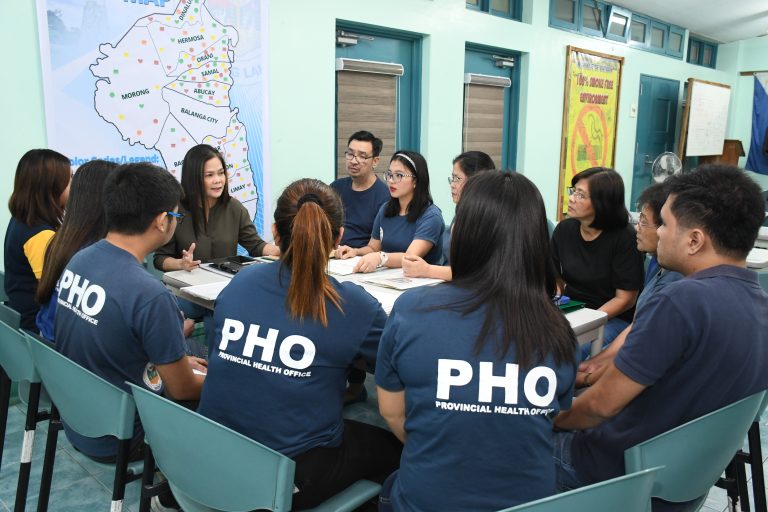BRIDGING LEADERSHIP FOR PUBLIC HEALTH ONLINE TRAINING COURSE

OVERVIEW
This course presents the foundations of Bridging Leadership and ZFF’s Health Change Model as approaches to addressing health and social inequities.
The course focuses on the introduction of the Bridging Leadership Framework and how to apply the principles of ownership, co-ownership, and co-creation to the effective implementation of health programs and services.
This online training course is based on BL courses developed and provided by ZFF to its partners. The lessons learned from the implementation of the training course, as well as the challenges of recent times of uncertainty, guided the development of the online training course.
OBJECTIVES:
At the end of the training course, participants will be able to:
- Explain the dynamic complexity of health inequities and challenges within the context of the Philippine health situation
- Discuss ZFF’s Health Change Model and the value of the Bridging Leadership framework as an approach in addressing health inequities
- Relate one’s strengths, weaknesses, and values to his or her purpose for being a leader.
- Apply systems thinking processes to addressing identified health concerns or issues in their LGU or community.
- Conduct an analysis of existing and potential stakeholders to engage in addressing health inequities
- Apply the prinicples of human-centered design in addressing identifi ed health concernsor issues in their LGU or community.
MODULES AND CONTENTS
- Module 1: Health inequities and the Bridging Leadership Framework
- Module 2: Bridging Leadership and Ownership
- Module 3: Bridging Leadership and Co-Ownership: Engaging stakeholders
- Module 4: Bridging Leadership and Co-Creation: Designing Innovations for Systems Improvement
TARGET PARTICIPANTS
- Local Chief Executives (Mayors, Governors)
- Health Managers (Municipal and Provincial Health officers)
- Health/Nutrition officers
- Health professionals
- Graduate students
- Interested individuals
COURSE REQUIREMENTS AND COMPLETION
Each module is designed to facilitate learners’ understanding of the role of bridging leadership as a leadership approach in addressing the dynamic complexity of health inequities and challenges in their local health situations. To maximize their learning experience and receive a certificate towards the end of each module, it is required for learners to:
- Dedicate a minimum of 2 hours of study time per module.
- Answer all required activities and learning assessment
- Answer all module evaluation questions
